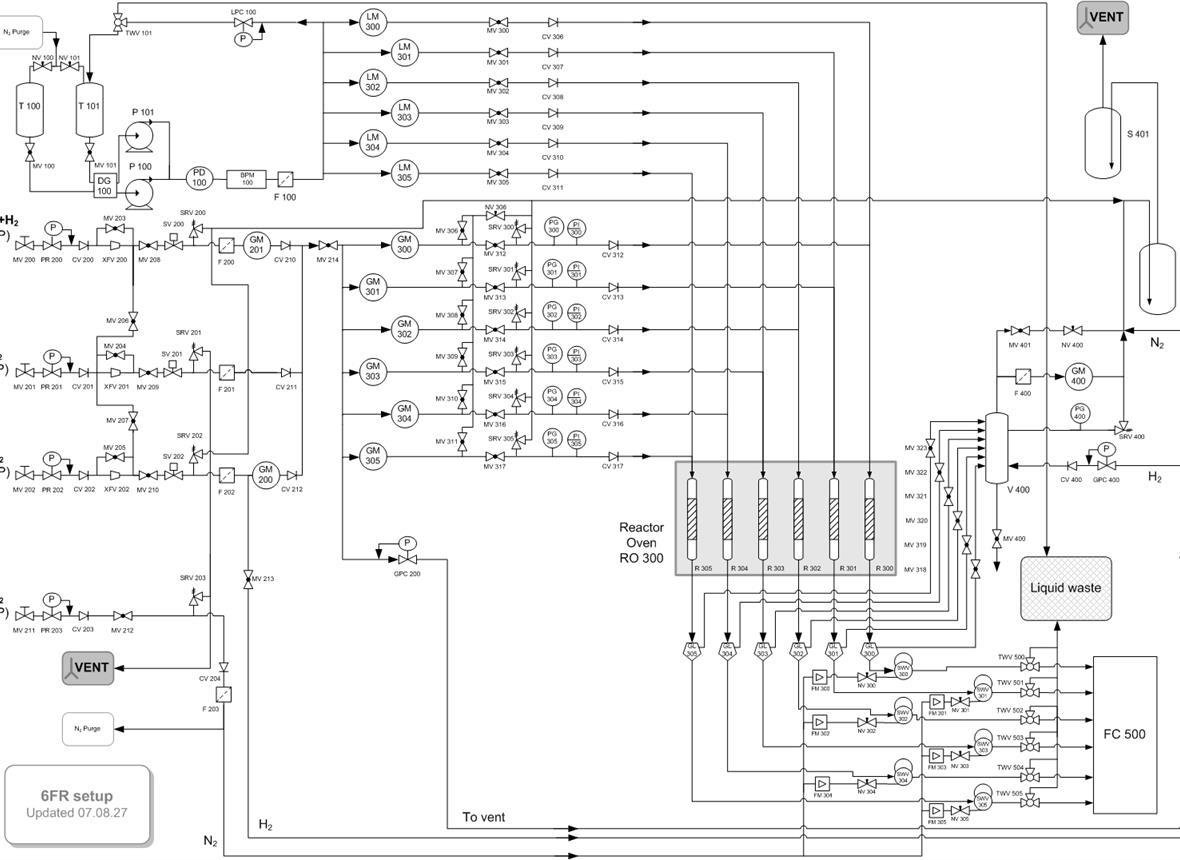Abstract
The catalytic performance of three NiMo catalysts supported on tailored activated carbon (AC) supports has been studied for the hydroprocessing of tire oil for sulfur removal and conversion of heavier fractions towards lighter naphtha and diesel production. The supports have been obtained through physical activation of petcoke for different times, and in some cases functionalized via acid treatment with HNO3. The hydroprocessing runs have been carried out in a fixed bed reactor working in trickle bed regime at 275–375 °C, 65 bar and a space time of 0.16 h. The catalyst properties have been measured by ICP-AES, N2 adsorption–desorption isotherms, TPR, and tert-butylamine adsorption–desorption (TPD). A preliminary catalyst screening using a synthetic mixture of model compounds of tire oil was used to select the most active catalyst. This catalyst, which contained a support activated for 9 h and functionalized with HNO3, had an HDS conversion of up to 99.9%. In the hydroprocessing of real tire oil, the same NiMo/AC catalyst reached a steady sulfur removal of 96.3% and a heavy gasoil lump removal higher than 11 wt%, with complete olefin hydrogenation and a decreased content of naphthenes and aromatics in the products. The cetane number of the diesel fraction was also enhanced with this catalyst.
Keywords
HPC
HCE
W2C
